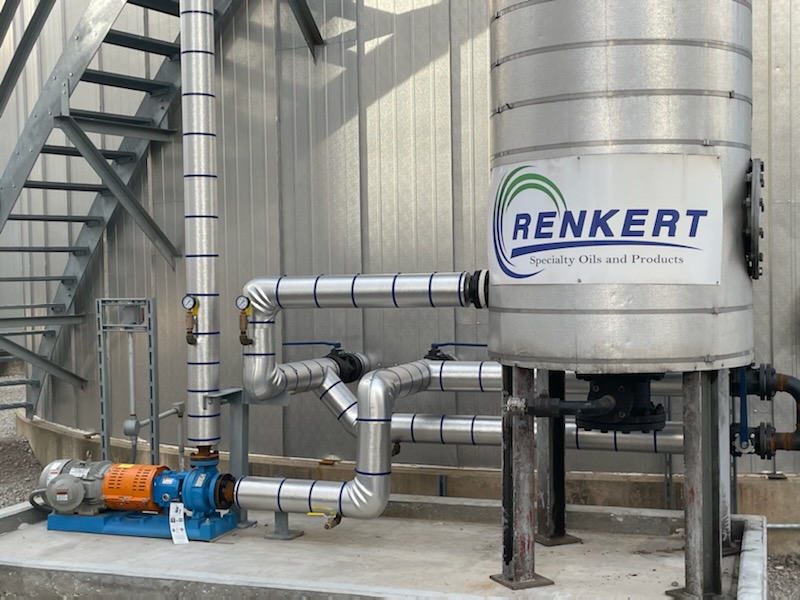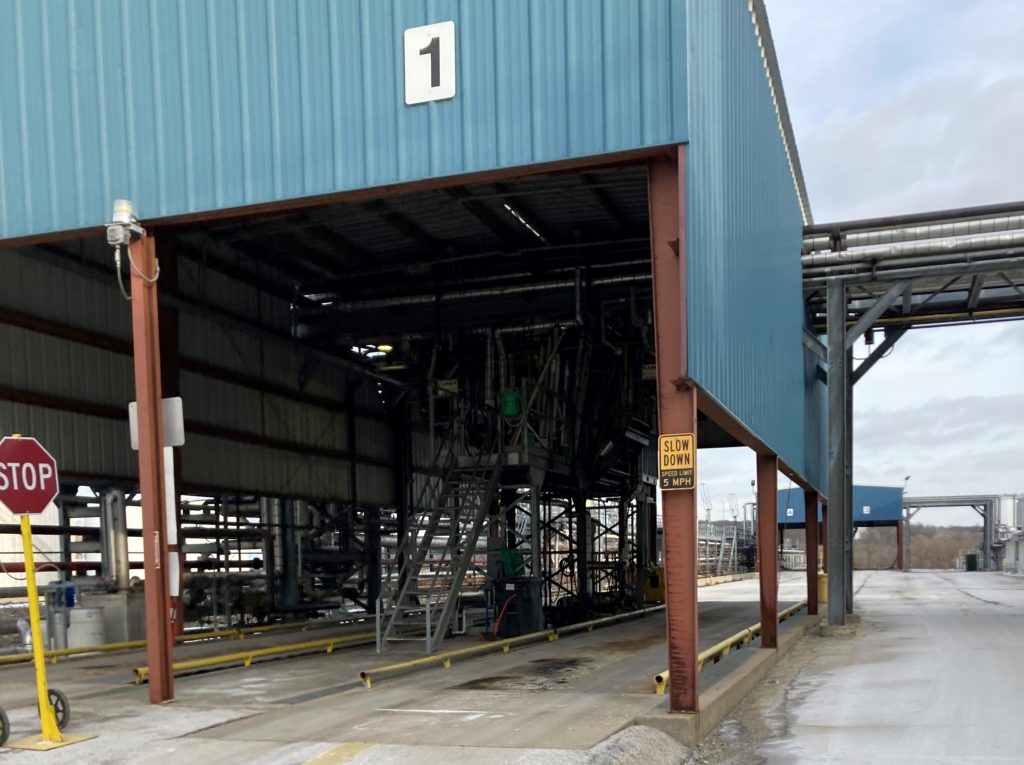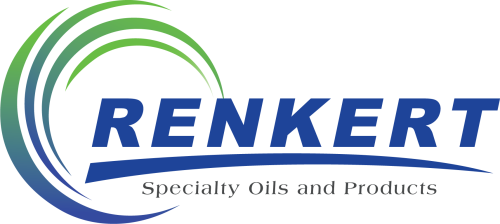If you manufacture food, medicine, or personal care products, you know there’s value in choosing Safe Quality Food suppliers for food-grade oil. But what exactly does it take to earn that SQF certification?
To answer that question, we’d like to give you a peek behind the scenes of the certification process. We recently went through it again with our newest terminal partner, the Canal Barge facility in Channahon, IL.
We’re proud to say this facility is now SQF certified. To help you understand what that really means and why it matters, let’s take a closer look at how we got there.
What Is an SQF Certification?
For a supplier to be SQF certified, it must reach the high set of standards the Global Food Safety Initiative (GFSI) has established for the world’s manufacturers of food-grade products.
Created and managed by the SQF Institute, the program is designed to ensure suppliers are taking every precaution to control food safety risks.
The scheme is based on the ISO 9001 quality management system (QMS) approach, an internationally-recognized set of standards for cost control and efficiency.
An SQF certification means that a supplier has met ISO standards as well as several additional food safety standards.
This isn’t a legal requirement. The purpose of the SQF certification is to give customers and end-consumers an abundance of confidence in the safety and purity of these products.
How Do Food-Grade Oil Suppliers Earn an SQF Certification?
This is an extremely rigorous, continuous process that Renkert Oil goes through with every terminal that produces and stores our food-grade products.
Though every facility has its unique requirements, going through initial SQF certification with our new Canal facility in Channahon was like any other in at least one respect.
It takes military-like dedication and precision to get the job done.
Step 1: Basic Training – SQF Boot Camp
Before a facility can be considered for SQF certification, it must document at least three months of operations using the procedures that meet standards.

Processing system with dedicated lines to prevent contamination.
To accomplish this, Renkert Oil and terminal managers must first go through intensive training on a variety of topics:
- Food Safety Policies: How to establish a food safety culture through committed management and strong leadership.
- Operations Manuals: What needs to be added or adapted for SQF.
- Documentation: What strict protocols need to be in place to track every procedure, every change, with no exceptions.
- HACCP (Hazardous Analysis and Critical Control Points) Plan: How to prevent contamination at critical points in the transfer, processing, and handling of products.
At Canal and all our terminals, the HACCP plan involves several key safety measures, such as establishing:
- Dedicated tanks, pipes, and processing equipment for each food-grade white mineral oil.
- Extensive cleaning and approval testing of the dedicated systems before initial use.
- The use of approved glass sampling bottles only to ensure quality for independent lab testing.
- Efficient loading and unloading procedures to minimize handling, reduce the potential for contamination, and expedite shipping.
Once complete, we were ready to put our training to the test.
Step 2: Advanced Training – Internal Audits
The next task was to train all staff in these new protocols. We worked closely with the terminal manager to help articulate not only what needed to be done but why it matters.
Then comes the bulk of the work: three months of constant vigilance.
A terminal manager preparing for an initial SQF certification audit must:
- Maintain documentation integrity and diligent record-keeping.
- Verify that dozens of precise protocols are followed.
- Validate that these procedures are effectively preventing contamination.
As we do with all our facility partners, we provided support and guidance as needed through close coordination and reviews of operations along with internal audits to demonstrate the facility’s readiness for SQF certification.
With three months of well-documented hard work behind us, we were ready to invite the auditors.
Step 3: Final Examination – Registration Audit
Every facility seeking SQF certification submits to an audit by an SQFI-accredited certification body. Facilities may seek lower levels of certification:
- Level 1 – Food Safety Fundamentals is not recognized by the GFSI.
- Level 2 – Food Safety Code is recognized by the GFSI.
But we settle for no less than:
- Level 3 – Quality Code (SQF-certified), the highest level recognized by the GFSI.
This requires 100 percent conformance with every standard in the book, which the auditors have to observe through three different types of audits:
- Document Review
- On-Site Audit
- Surveillance Audit

Weighing at the same point as loading to maximize efficiency and limit handling.
We’ve cultivated high internal audit standards over the years to minimize the “nonconformances” that are typical in an initial audit. Each one represents a point deducted from 100 percent.
Even on this first pass, we expect:
- # of major nonconformances (immediately hazardous) to be zero.
- # of minor nonconformances (not immediately hazardous) to be as close to zero as possible.
Renkert Oil terminals have never scored below 94 percent. We were very proud to receive a score of 97 percent at the Canal facility’s first audit. This meant we had just three minor issues to correct within 30 days, at which point the auditors reviewed and accepted the corrections.
With everything addressed, we earned our SQF certification for the Canal terminal!
It’s always a time to celebrate when we get past this rigorous process, but that doesn’t mean we can rest on our laurels. SQF requires annual recertification. We work hard to maintain these standards not just in preparation for the next audit, but every day, year-round.
Renkert Oil’s SQF Certification Matters to Your Customers
There’s nothing wrong with a bit of healthy skepticism in this industry. We welcome it.
Take a tour of any of our facilities throughout the U.S. that produce and manage our inventory of food-grade oil. You’ll find workers maintaining exemplary standards year-round, and managers conducting frequent internal audits to prepare for the next annual SQF audit.
They’re doing it for more than a stamp of approval. It’s a point of pride. Our facilities are successful because our leadership believes in the value of maintaining the highest standards for safety, purity, and efficiency.
All to ensure the best possible product quality for you and your customers.
To learn more about working with Renkert Oil as your food-grade oil supplier, contact us today.

